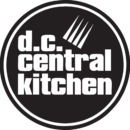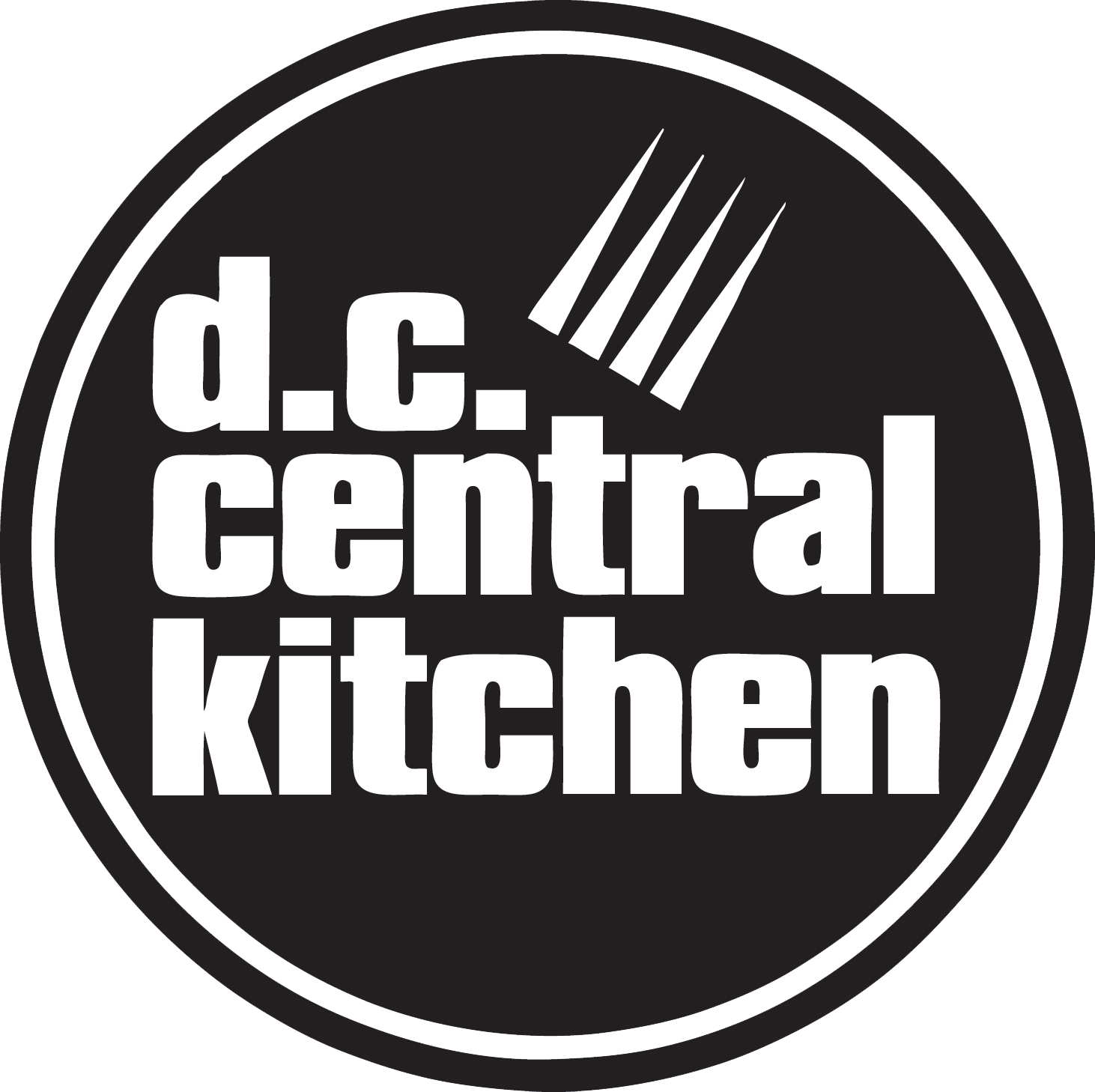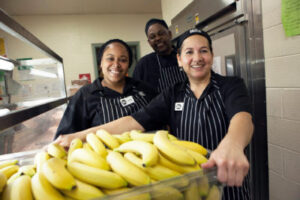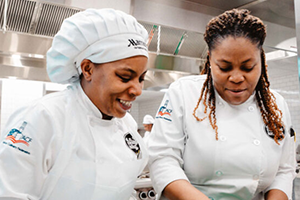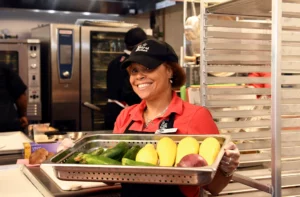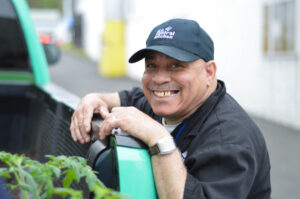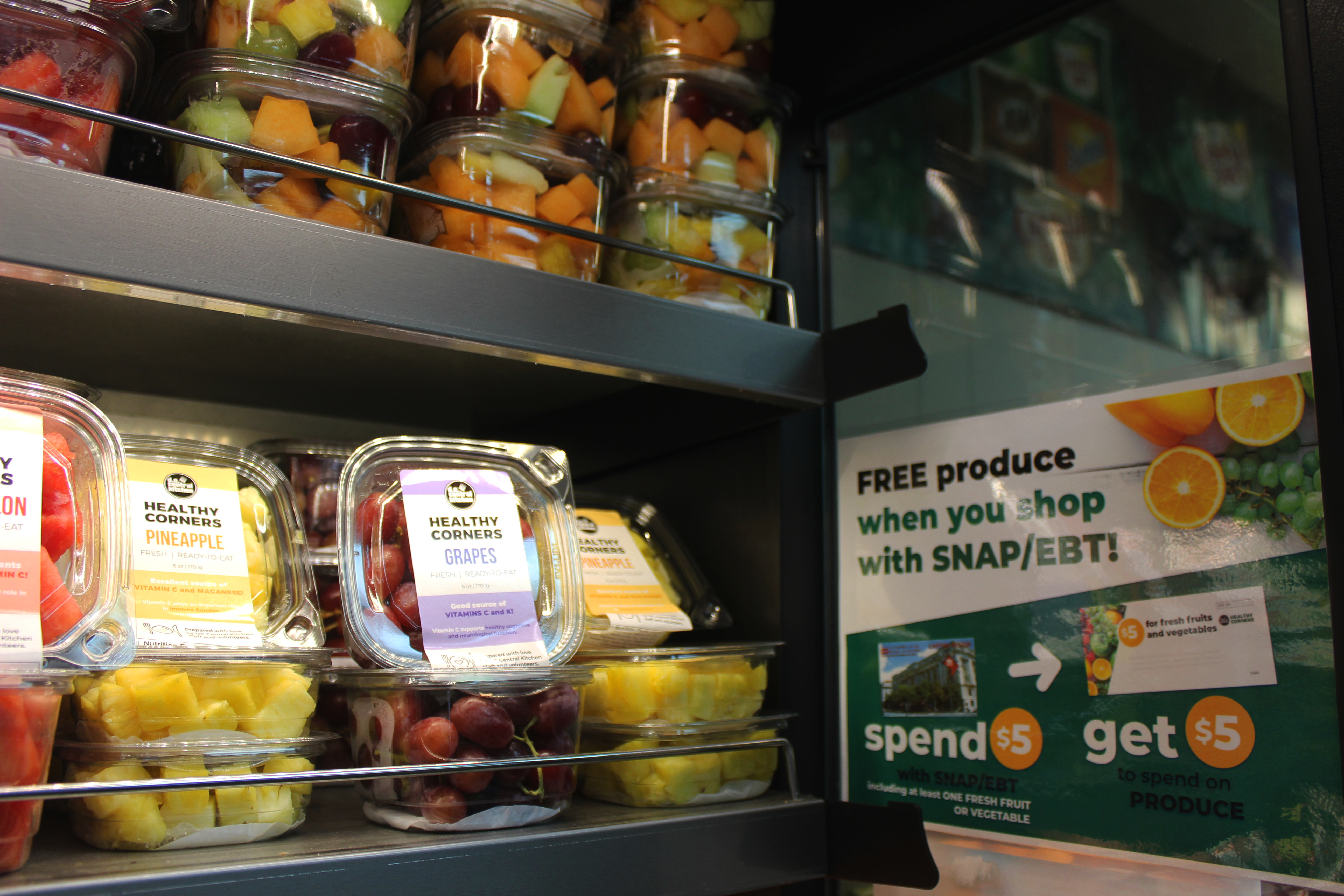The COVID-19 pandemic set off a food security crisis here in Washington, DC and across the country. In response, the Federal government temporarily increased the amount of SNAP benefits available to low-income Americans, providing vital support to millions of people facing reduced income and rising food prices. As the public health emergency subsided, so did these ‘emergency allotments,’ and in March 2023, District of Columbia residents saw their SNAP benefits revert to pre-pandemic levels.
That all might sound pretty technical, but here’s what it meant for our neighbors. A senior citizen living alone went from receiving up to $120 per month for groceries to $30. A low-income family of four could have lost more than $325. With inflation dramatically driving up the costs of basic necessities like food, fuel, and utilities alongside rising rents and well-documented housing shortages, these reductions came at an especially uncertain time for many of our low-income neighbors.
When people have fewer SNAP benefits to spend, they’re more likely to turn to emergency and charitable sources of food like DC Central Kitchen. Charitable food programs are dwarfed by the national scope of the SNAP program, meaning that even a small reduction in SNAP – be it benefit levels or changes that further restrict access and eligibility – can create gaping holes in food security that no amount of charity can fill even as we stretch to meet whatever needs we can with the support of our community.
For three months, we’ve worked to understand how the end of emergency allotments has affected Washington, DC. In some ways, it is as simple as what one Ward 8 senior told our staff at a community event in April: “During the pandemic I received $100 in SNAP benefits a month and I had enough food. Now, I do not receive hardly any SNAP benefits and there are times I do not have enough food.” Others shared that “it’s hard since they cut my benefits and I have bills to pay…sometimes I don’t have enough money to eat” and that “I never have enough food for my household.” One worried senior told us they were stocking up on freeze-dried and frozen food out of fear that another benefit cut might be coming, and another called the rollback of benefits “an insult to the elderly.”
Given that type of profound feedback, and the many ways our holistic food and employment programs interact with our community, we were spurred to look at this significant change from a variety of perspectives. Here is what we learned from four different groups engaged in our programs:
Our Culinary Job Training Students. For years, our program has helped SNAP customers re-enter the workforce, allowing SNAP to be a crucial bridge as they prepare for lasting careers. Our experience shows that rather than delaying or disincentivizing workforce participation, SNAP benefits are in fact the fuel that allow people to engage in our rigorous program while meeting their household’s essential needs during three months of training – but for several of our current students, those needs are now harder to meet. One student who saw her benefits reduced said that “it’s been hard to keep money in the house and [still have enough] to buy food.” Before enrolling here at DC Central Kitchen, she had turned to a local food pantry for additional support and begun skipping meals to ensure her daughter had enough to eat. Now, instead of solely focusing on the rigors of our program, she’s worried about her bills piling up. Another student said the $100 monthly reduction to SNAP – his only income source outside of our student stipend – impacted him “greatly.” While he still goes to the grocery store when he can, he says he is “eating junk,” which underscores why we provide free meals to our students each day and now include a full salad bar and subsidized Community Supported Agriculture (CSA) option via a partnership with Dreaming Out Loud to make healthy choices that much easier.
Older Adults. DC has the highest rate of senior hunger in the nation, and in the past year, seniors have been the fastest growing demographic among our meal recipients. We now provide 7,600 monthly meals directly to low-income seniors in DC, including an innovative new home delivery model for home-bound seniors. In the past three months, we’ve spoken with more than 330 older adults to understand their needs. 19% of all the DC seniors we spoke with indicated that they did not have enough food to meet the needs of their household; some were on SNAP and saw their benefits fall, but even more were not on SNAP to begin with. This finding reflects the continued challenges seniors face in navigating the process of accessing the benefits for which they are eligible. Significantly, here in Ward 6 where our new Center for Jobs and Justice is located, 40% of seniors reported not having enough food, affirming the importance of expanding food access around our new facility.
Youth and Families. We have seen a significant uptick in requests for groceries this spring, a concerning trend on a scale we have not seen since the early months of the pandemic. Since the end of emergency allotments, our monthly deliveries of groceries have jumped 37%, to nearly 25,000 pounds of healthy food distributed in May alone. Demand for school-based food pantries is on the rise in DC, and we have partnered with the amazing DC Food Project to install and stock 31 such pantries city-wide, with another 10 to 20 pantries planned for next school year as students and families seek out additional food outside of school meal periods and after school hours. In the meantime, we are actively planning for our largest summer feeding effort in DC Central Kitchen history, with the goal of providing more than 50,000 healthy meals at dozens of community locations where children might otherwise struggle to find nutritious food.
Healthy Corners Customers. Our Healthy Corners program empowers small corner stores to stock and sell fresh fruits and vegetables at affordable prices while providing SNAP customers with special ‘SNAP Match’ incentives for purchasing additional produce whenever they buy a single fruit or vegetable with their SNAP benefits. This fast-growing, popular program is posting record overall sales totals but participation in our SNAP Match incentive program has dropped significantly since the end of emergency allotments. More specifically, even though our overall Healthy Corners sales (to SNAP and non-SNAP customers) are up 11% since March compared to the same period last year, the number of SNAP Match incentive transactions is down 38%. In our analysis, this finding means that some 4,000 expected individual SNAP Match transactions by low-income shoppers worth more than $20,000 worth of healthy fruits and vegetables simply didn’t happen this spring due to the end of emergency allotments – that’s a lot less healthy food for food insecure households and a lot less revenue for DC small businesses all at once.
The evidence is clear: even though people want to make healthy choices, customers just don’t have enough SNAP dollars to spend on nutritious foods and are forced to make difficult trade-offs in what they buy (cheaper, non-perishable, less healthy) and when (less often, less consistently, leading to skipped meals). Efforts by our community-based Store Navigators to interview corner store owners and customers about the impact of these reductions reinforce our analysis. Not only are many customers, especially seniors, reporting the dual squeeze of reduced benefits paired with inflation, but many felt they were unprepared for the severity of the reduction. In response, we’ve doubled down on our intensive efforts to educate corner store shoppers about how our SNAP incentives can expand their purchasing power through in-person outreach, MetroBus advertising, and in-store marketing materials.
Food insecurity remains a near-daily concern for far too many of our neighbors here in DC. The end of emergency allotments did not throw every SNAP customer or senior on a fixed income into crisis, but it has unquestionably added new levels of stress and hardship for thousands of people and families, with some being forced to skip meals and make impossibly difficult decisions about which bills to pay. We proudly supported recent local legislation to give SNAP a raise in the face of DC’s elevated costs of living and hope that the necessary funding will soon be allocated in support of this new DC law. In the meantime, DC Central Kitchen is committed to scaling our innovative solutions – from effective job training to nutritious, locally sourced meals for kids and seniors to SNAP-eligible produce at Healthy Corners stores – and those expansion efforts are already underway thanks to your support. Along the way, we’re equally committed to sharing what we’re learning on the front lines of these critical issues with partners like you.
